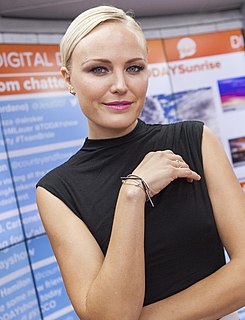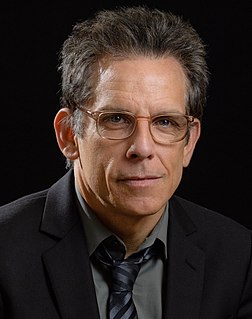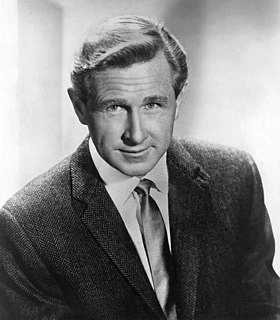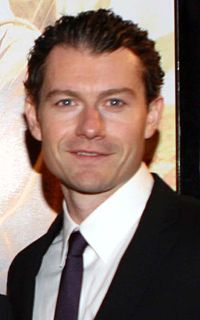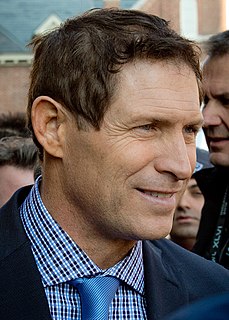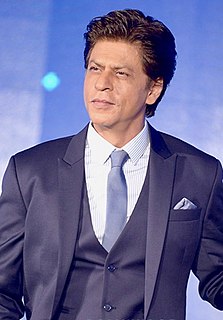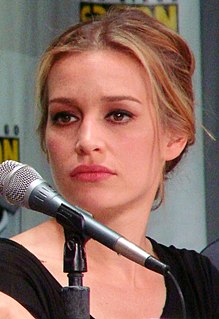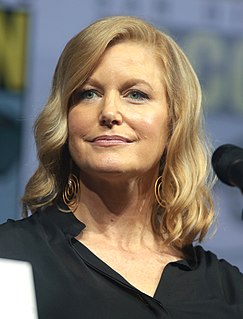A Quote by Malin Akerman
Anytime you get to work with an actor who is beyond you in experience and talent, I feel like they make you a better actor. You really bring up your game.
Related Quotes
I had to go in and do the work of toning [invented "historical" bits] down in order to make them fit [in Lincoln in the Bardo]. It's like if you're an actor and you're always overacting, well, you're a bad actor. But if you're an actor who subdues yourself to the extent that's necessary, then you're really acting.
When you really want a role and you really want a character, you become quite close to the script and the project, and it is sad when it doesn't go your way. But I've found there's always another one, which will be as good if not better. You can't let your failures bring you down when you're an actor, because then you can't get up.
You can say something that can really help and actor and you can say something that can really get in the way of an actor's performance, kind of cut them off from their instincts and really get into their heads. And every actor's different. Every actor requires something different. Being an actor, for me, was the greatest training to be a writer and director.
